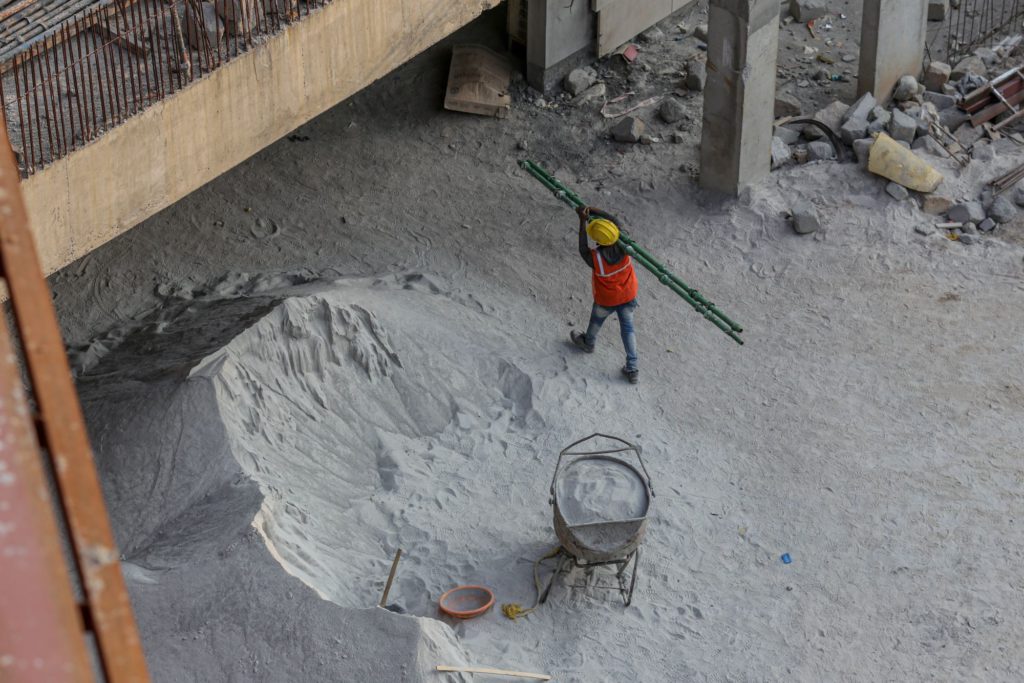India’s government will likely increase capital expenditure for the next fiscal year, though the size of the jump may be lower than previous budgets because of a broader economic slowdown, said Sonal Varma, an economist for Nomura Holdings Inc.
(Bloomberg) — Sign up for the New Economy Daily newsletter, follow us @economics and subscribe to our podcast.
India’s government will likely increase capital expenditure for the next fiscal year, though the size of the jump may be lower than previous budgets because of a broader economic slowdown, said Sonal Varma, an economist for Nomura Holdings Inc.
“The primary focus for the budget will be to push up public capex, or rather to continue to push on public capex, because private capex hasn’t really picked up and is unlikely to pick up in the next 12 months,” Varma said in an interview with Bloomberg Television’s Rishaad Salamat.
Unlike the current fiscal year, which ends in March, “there isn’t that much of a buffer because tax revenue and nominal gross domestic product growth will be lower,” Varma said. Still, India will have the benefit of lower subsidy bills, helped by a fall in international fertilizer prices and a readjustment of the nation’s free food program, she said.
Read: India’s Capex Spending Could Slow in FY24 Amid Lower Tax Haul
Finance Minister Nirmala Sitharaman will likely balance populist measures with fiscal prudence in her budget speech, which is scheduled for Feb. 1. She is expected to target a fiscal deficit of about 5.9% of GDP, compared to 6.4% for the current year. The gap needs to be brought down to 4.5% by 2026.
Varma said the government will have to boost growth through capex and also help pandemic-hit households. From an “economic and political perspective,” she said, “they would step up spending on agriculture and some of the rural development schemes.”
Varma, who forewarned of aggressive policy tightening by the Reserve Bank of India early last year, also predicted a sharp 75 basis points rate cut from August. She expects growth to disappoint at 4.5% this year, down from 6.7% in 2022. A mild recession overseas will hit domestic exports and capex, and the full impact of the RBI’s 225 basis points rate increase will drag down demand in 2023, she said.
Lower growth will bring down inflation and create room for sharp rate cuts. Core inflation, which is measured after stripping food and fuel from the headline, is showing early signs of moderation. Both gages should start averaging between 4.5%-5% from March, Varma said.
–With assistance from Adrija Chatterjee and Anand Menon.
More stories like this are available on bloomberg.com
©2023 Bloomberg L.P.










